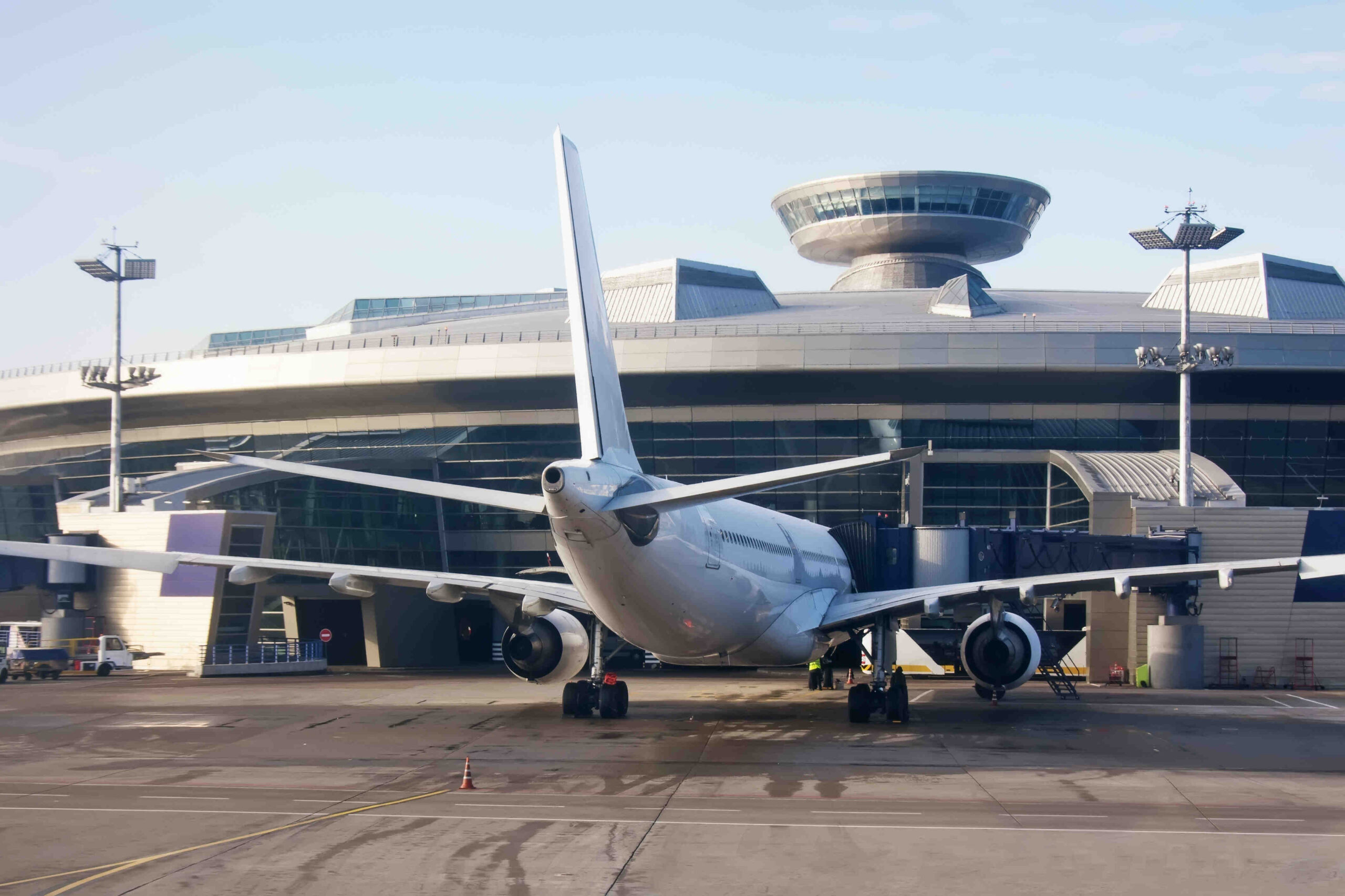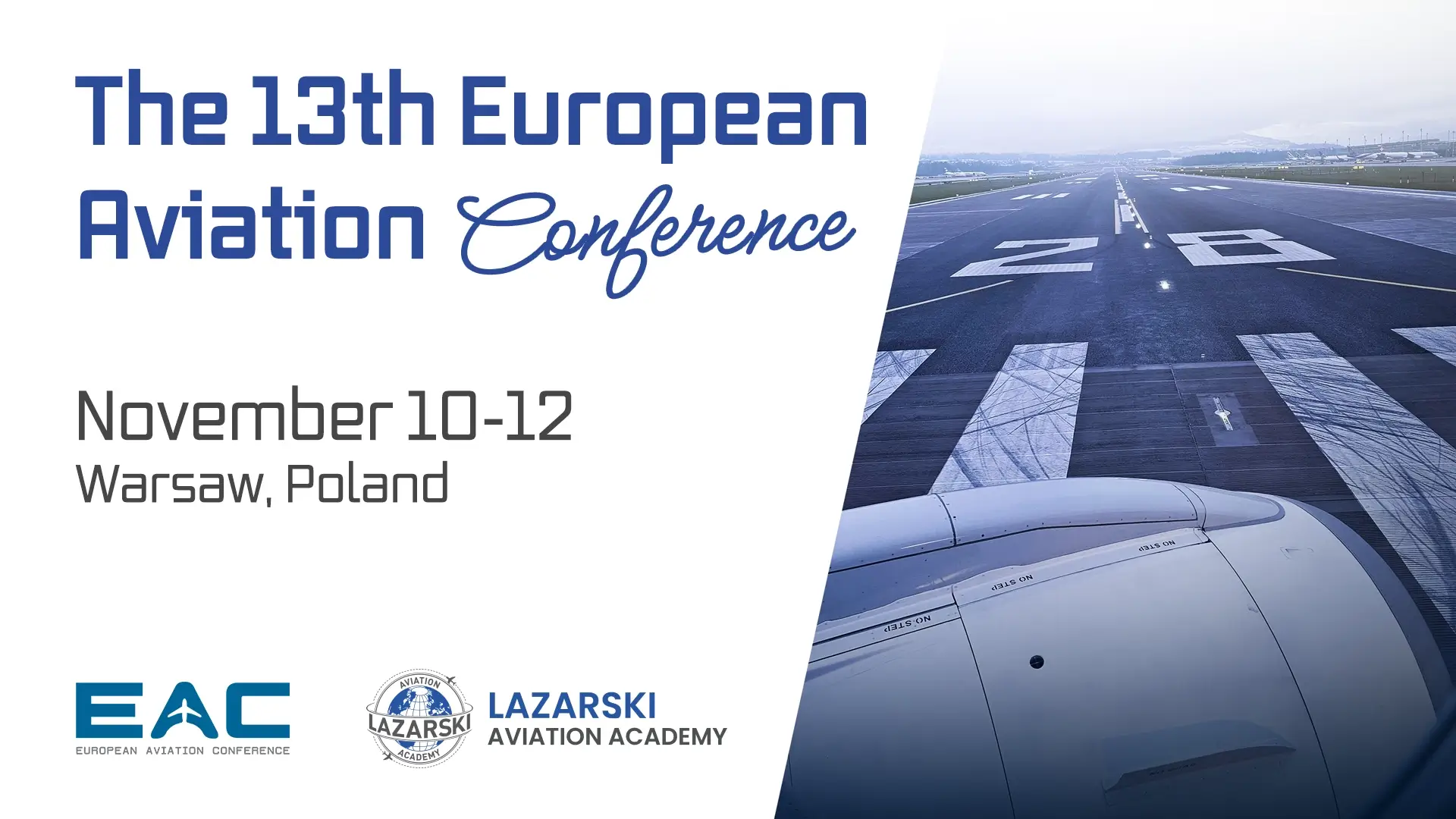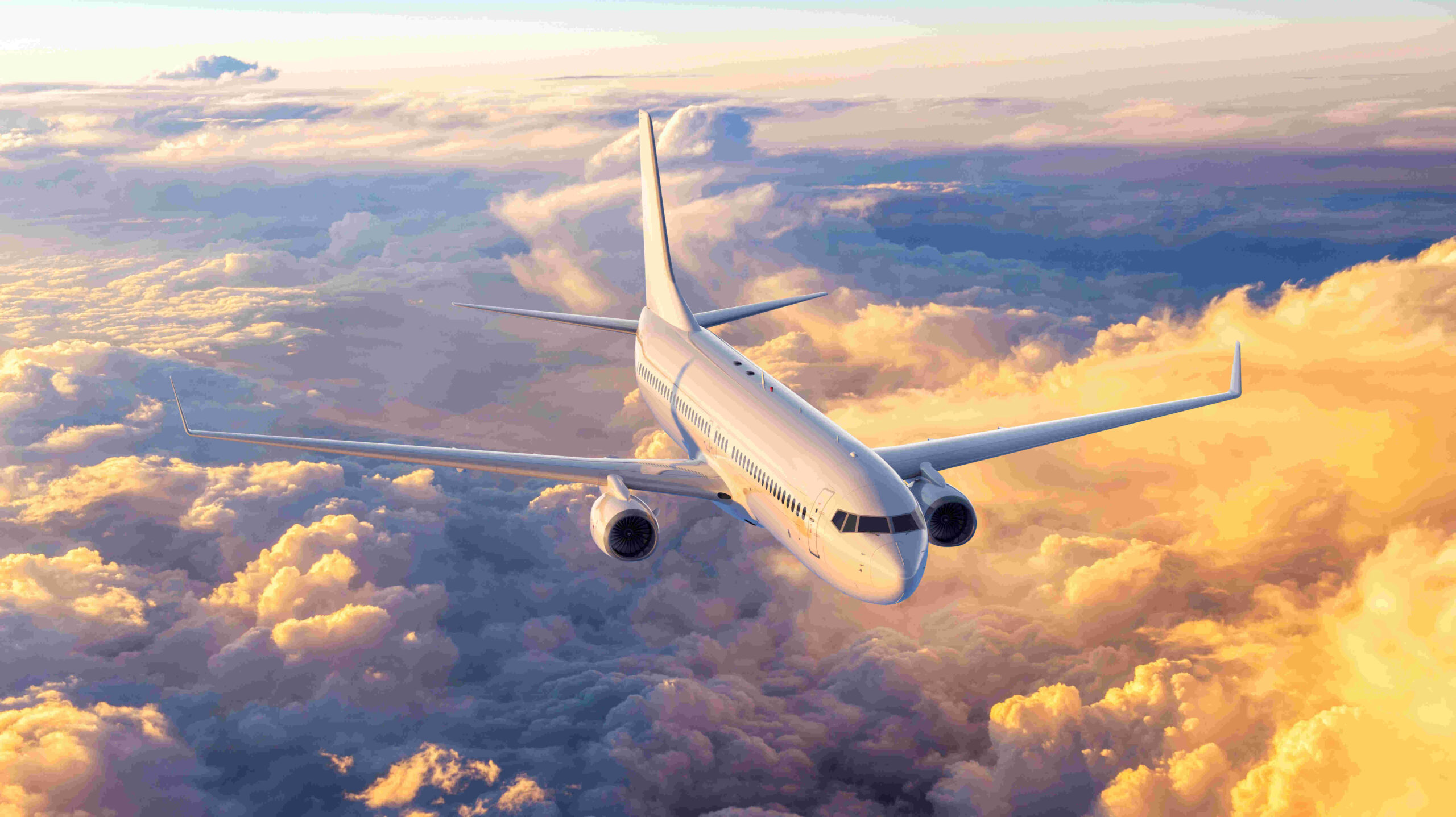Airport slots, or takeoff and landing rights, are at a premium. So it’s not surprising that some airlines trade them. However, this applies only to those airports that are the busiest. The sums go into the tens of millions of dollars.
Slots are awarded at so-called coordinated airports. In Poland, such status is held by airports in Warsaw (Chopin Airport), Poznan and Krakow. The allocation of slots – one each for takeoff and landing – is decided by the coordinator, in this case the British company Airport Coordination Limited (ACL).
It’s no secret that the route network is an intricate puzzle. Airlines that, like LOT or Lufthansa, build their business on connecting flights must coordinate the arrival waves to their hubs with the departure waves on long-haul flights. Therefore, not every hour of the day will be equally attractive for them to take off or land.
London-Heathrow. Slots for millions of dollars.
The best example of the fight for airport slots is London Heathrow (LHR), one of Europe’s major airports. As calculated by rynek-lotniczy.pl, LOT has 882 slots there during the winter season, allowing it to operate three flights a day between Warsaw and London. The Polish carrier applied for 42 additional slots, but the request was rejected. All the airlines flying to and from London Heathrow requested 221,986 slots, but ACL granted only 91.4 percent of them.
“The reason for the unallocated slots is mainly due to the capacity of the runways and terminals, as well as the quietness of the night and other circumstances that significantly affect the daily functionality of London’s airport,” – the service wrote.
Slots thus determine to be or not to be at the busiest airports. Not surprisingly, airlines are trading their takeoff and landing rights. The fly4free.pl service already described the case of Croatia Airlines, which sold five slots at LHR to US airline Delta for $19.5 million, a few years ago. And it was not the most expensive transaction ever. As in 2016 Oman Air bought two morning slots at London’s main airport from Air France-KLM for a record $75 million to date. This allowed it to launch its second daily Muscat-London service.
Airport slots more valuable than aircraft?
Slot issues are governed by several rules. These include historical rights to retain slots already held, or the obligation to use 80 percent of them. That’s why, in the event of an airline’s bankruptcy, sometimes even more attractive than its planes are the very rights it holds to slots at airports such as London Heathrow. In 2017, Hungarian low-cost airline Wizz Air took over the airport slots left by carrier-bankrupt Monarch at London-Luton Airport. British Airways did the same at its mothership, LHR, following the demise of Flybe in 2020.
Slot rights have also been the subject of competitive decisions by the European Commission. When in 2012. British Airways and IAG acquired BMI, the UK’s national carrier had to release 12 slots at LHR, which went to Virgin Atlantic, as a remedy.
Historical slot laws and rules were the reason why airlines organized thousands of ghost flights without passengers on board during the pandemic lockdown. Just so that the statistics could show the use of the slots allocated to them slots above a certain threshold. This was to allow for a quick rebuilding of the route network after the COVID-19 pandemic.
Aviation at Lazarski University
We encourage you to explore the intriguing world of modern aviation by reading our blog and enrolling in aviation majors at Lazarski Aviation Academy at Lazarski University.
Lazarski Aviation Academy
The place where dreams take off. We offer graduate, postgraduate and MBA studies for future pilots, aviation lawyers and managers.


